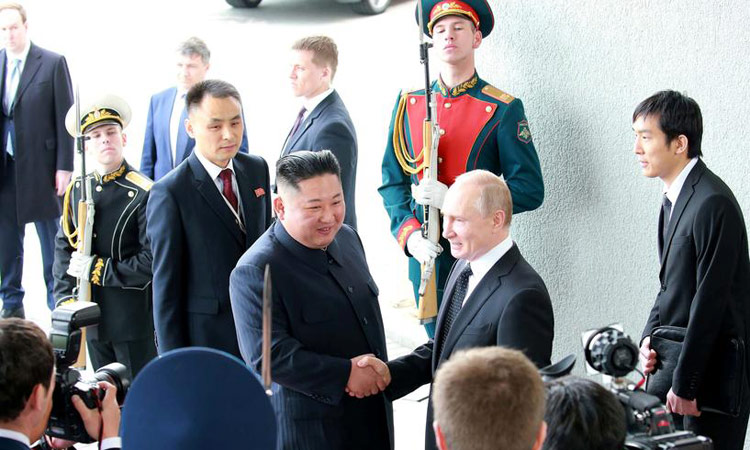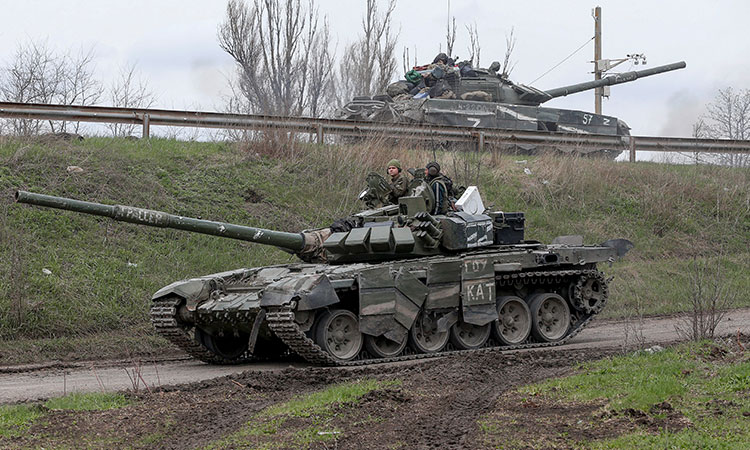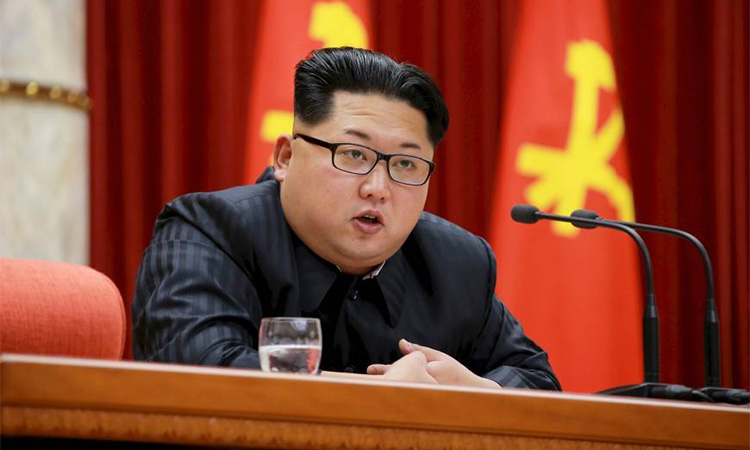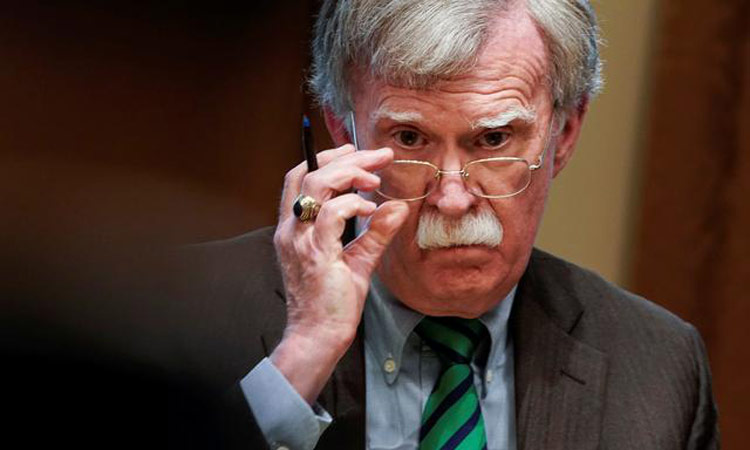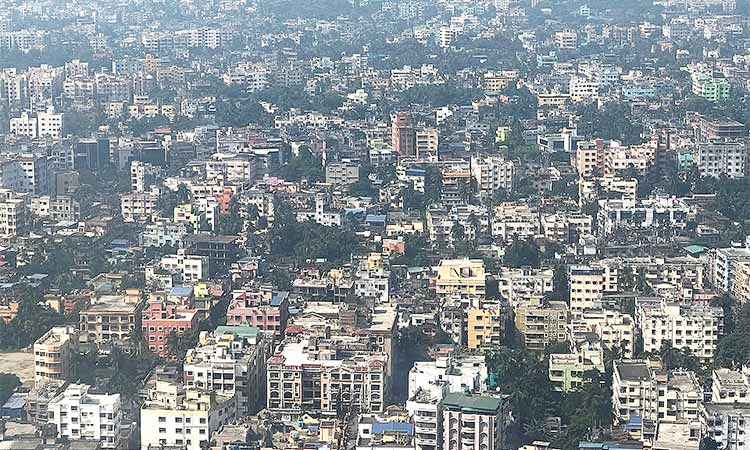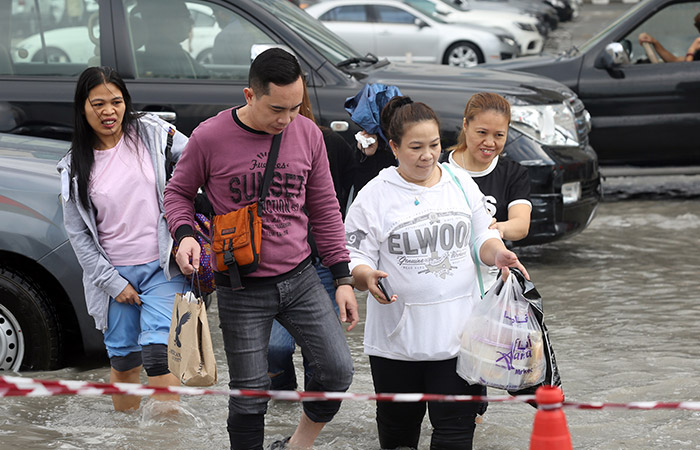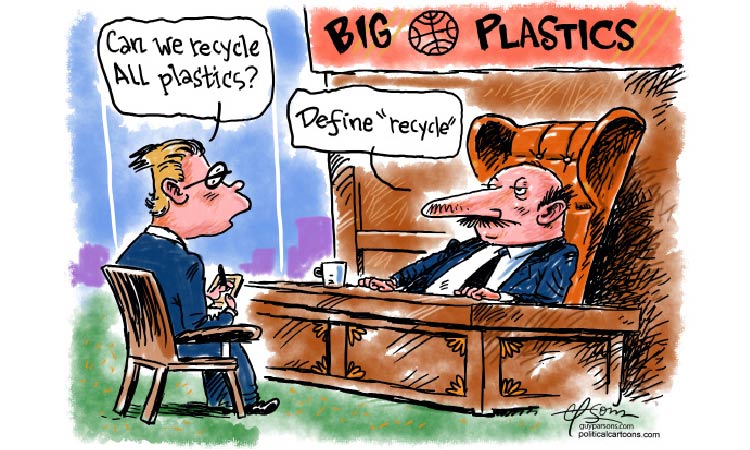Need to keep diplomacy alive on N.Korea
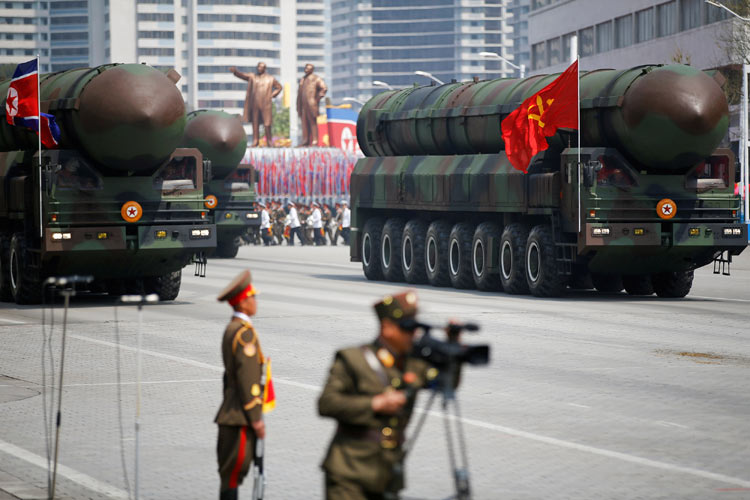
North Korean army show thier military might during a parade. AFP
North Korea’s statement that it no longer wants to deal with US Secretary of State Mike Pompeo and its demand that he should be replaced in talks by someone more mature indicates a major sign of discord.
“I am afraid that, if Pompeo engages in the talks again, the table will be lousy once again and the talks will become entangled,” the official KCNA news agency has quoted Kwon Jong Gun, director general of North Korea foreign ministry’s Department of American Affairs, as saying.
It may not be a coincidence that the statement came shortly after North Korea announced that leader Kim Jong Un had overseen the testing of a new tactical guided weapon, which has a “peculiar mode of guiding flight” and “a powerful warhead.”
If true, the test is the first since a February summit in Hanoi between the countries’ leaders ended without an agreement.
The whimsical Kim has already cautioned that a breakdown in talks risked reviving tensions and has given a year-end deadline for the United States “to change its attitude.”
Adding to the puzzlement are reports that Kim Jong Un will travel to Russia in the second half of this month and meet President Vladimir Putin. US Special Representative for North Korea Stephen Biegun was also due in Moscow on Thursday to meet Russian officials to discuss ways to advance a “final, fully verified denuclearisation of North Korea.” This is a sign that Moscow too is a key player in the Korean dialogue process.
That the situation remains knotty could be gauged by the statement made by US national security adviser John Bolton to Bloomberg News that the US needs to see “a real indication from North Korea that they’ve made the strategic decision to give up nuclear weapons” before a third summit between US President Donald Trump and Kim.
The core of the issue is the danger posed by nuclear arms to entire humanity. In a world defined by competition over cooperation, and the acquisition of arms, prioritised over the pursuit of diplomacy, the threat of a nuclear weapon being used is higher than it has been in generations, the UN Security Council heard recently.
Izumi Nakamitsu, the UN High Representative for Disarmament Affairs, made it clear that the use of nuclear weapons, either intentionally, by accident, or through miscalculation, is one of the greatest threats to international peace and security, and that the potential consequences of a nuclear war would be global and affect all Member States.
As for the DPRK, Director General of the International Atomic Energy Agency (IAEA), Yukiya Amano, has emphasised that the country’s nuclear programme has significantly expanded over the past decade, carrying out nuclear tests on five separate occasions since 2009, despite the recent lull. With no inspectors inside the country, the IAEA monitors the situation using tools such as open-source information and satellite imagery.
Whatever the impediments, the best way forward is to keep the dialogue process alive. Both the parties should continue discussions. The Trump-Kim chemistry should help overcome the differences. Pyongyang has no choice but to initiate concrete actions and prove to the world that it is serious about denuclearisation.
